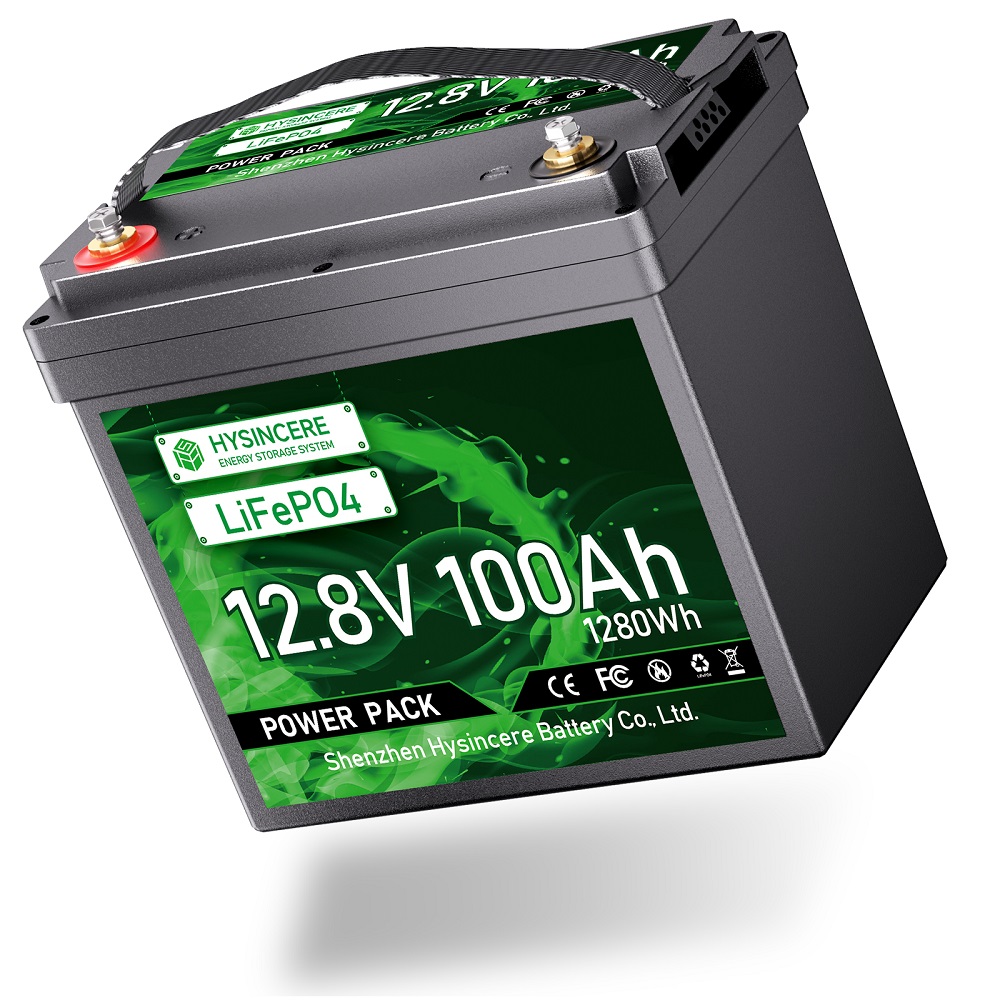

In the world of high-performance portable devices, the "18650 fenix battery" stands out as a reliable and powerful energy source. This article delves into the specifics of these batteries, exploring their applications and key features.
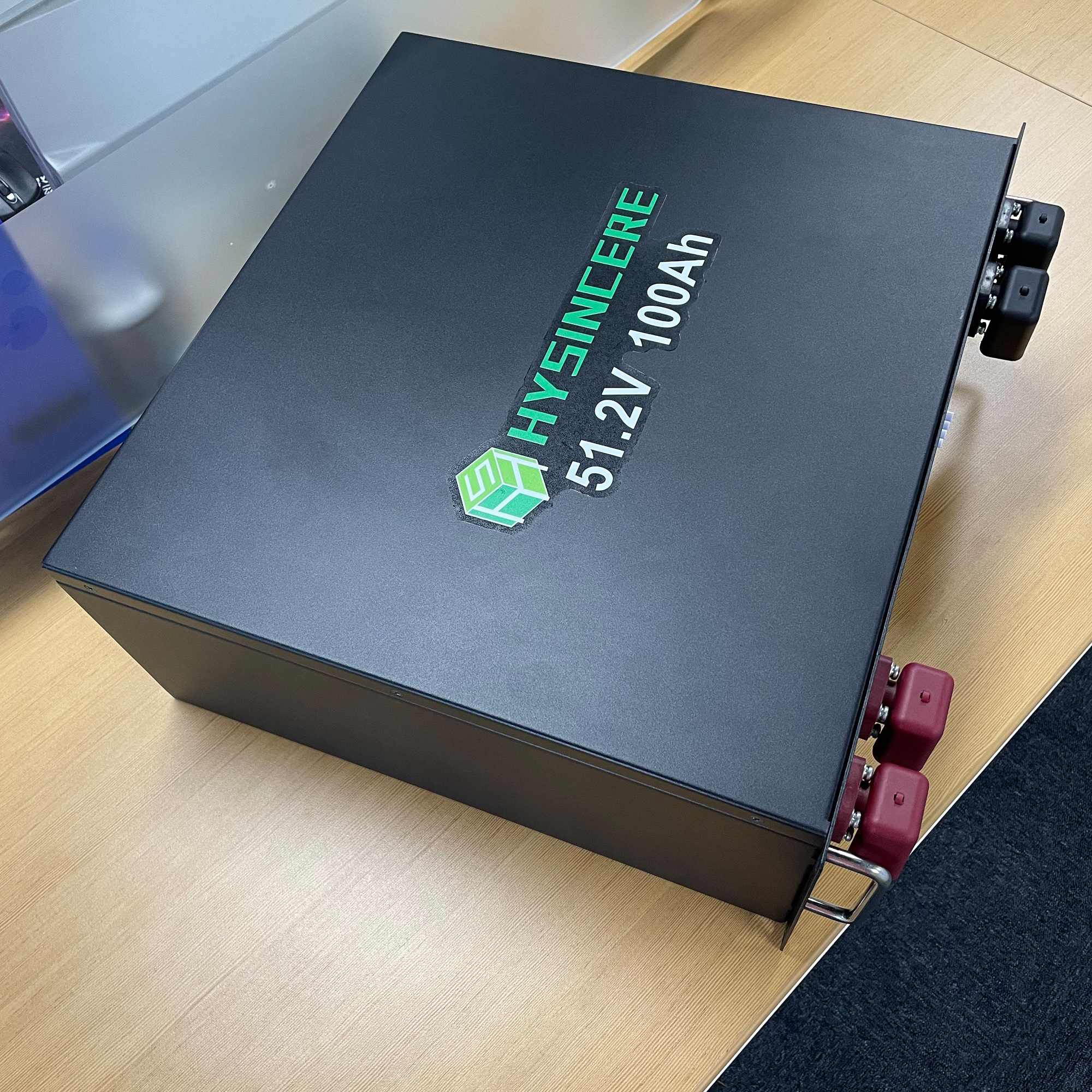
The evolving energy landscape is witnessing a notable increase in the adoption of residential solar solutions. Among these, "5kW solar battery systems" and integrated "5kW solar systems with batteries" are becoming increasingly prevalent. This article will examine the benefits and practical applications of these systems, while also acknowledging the significance of geopolitical support, as highlighted by the recent "us approves $266m support package for ukraine's f-16s."
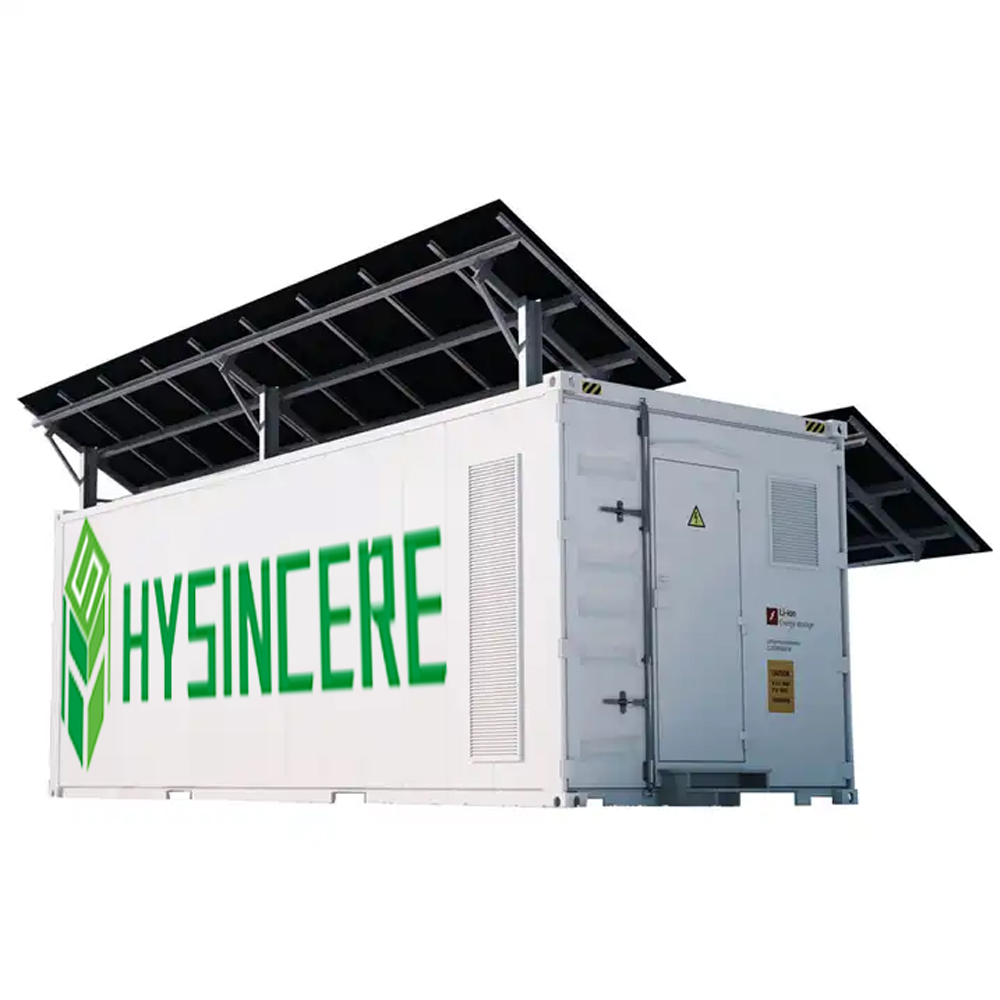
The energy storage landscape is rapidly evolving, driven by the increasing demand for high-capacity solutions. In this context, "200 kWh batteries" and their applications, including those in "200 kWh battery cars," are gaining significant traction. This article will explore the advancements in these high-capacity batteries, while also considering the importance of global awareness, particularly in relation to the ongoing situation in Ukraine, as reflected in "news ukraine" and "ukrain news."
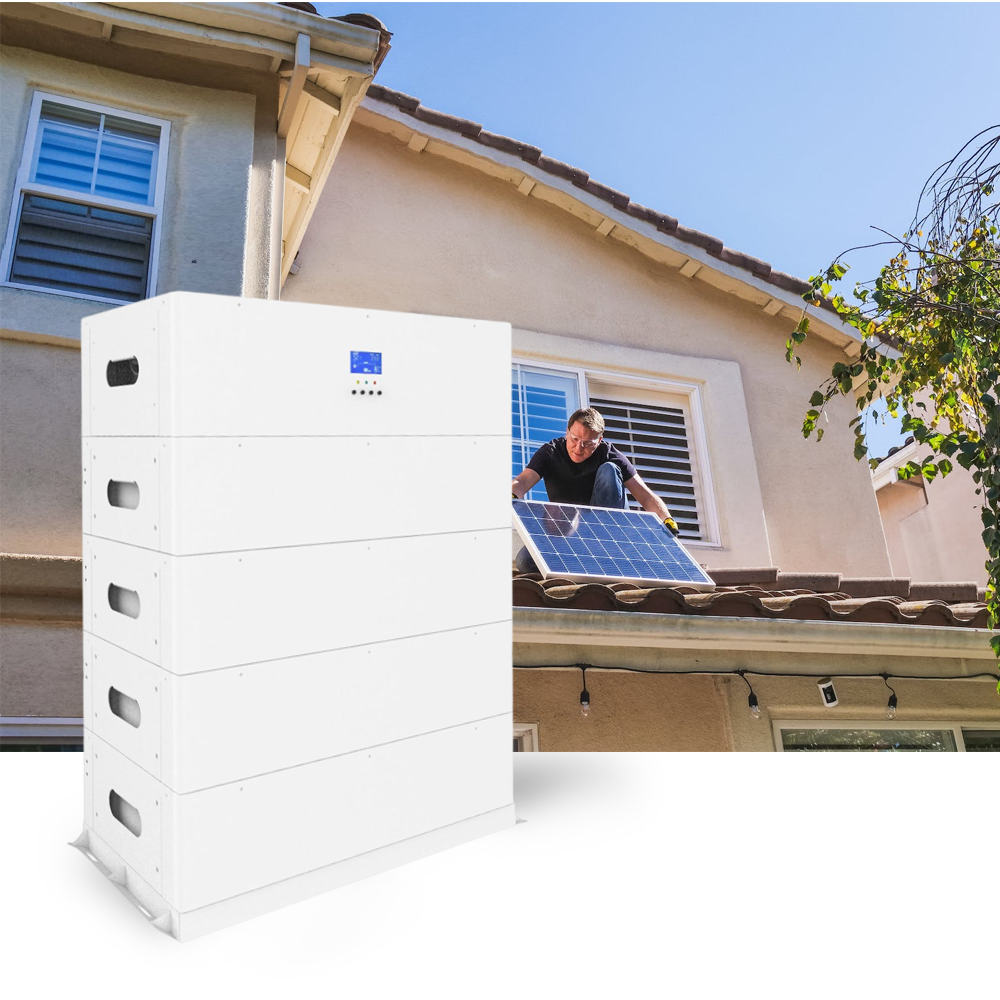
The evolving energy landscape is marked by a growing demand for efficient and reliable energy storage solutions. In this context, "1 kilowatt batteries" and "1 kw batteries" are becoming increasingly relevant for various applications. This article will explore the applications of these batteries, while also considering the impact of the ongoing conflict in Ukraine, specifically referencing the "russian ukraine war kursk" and reports on "russian losses in ukraine."
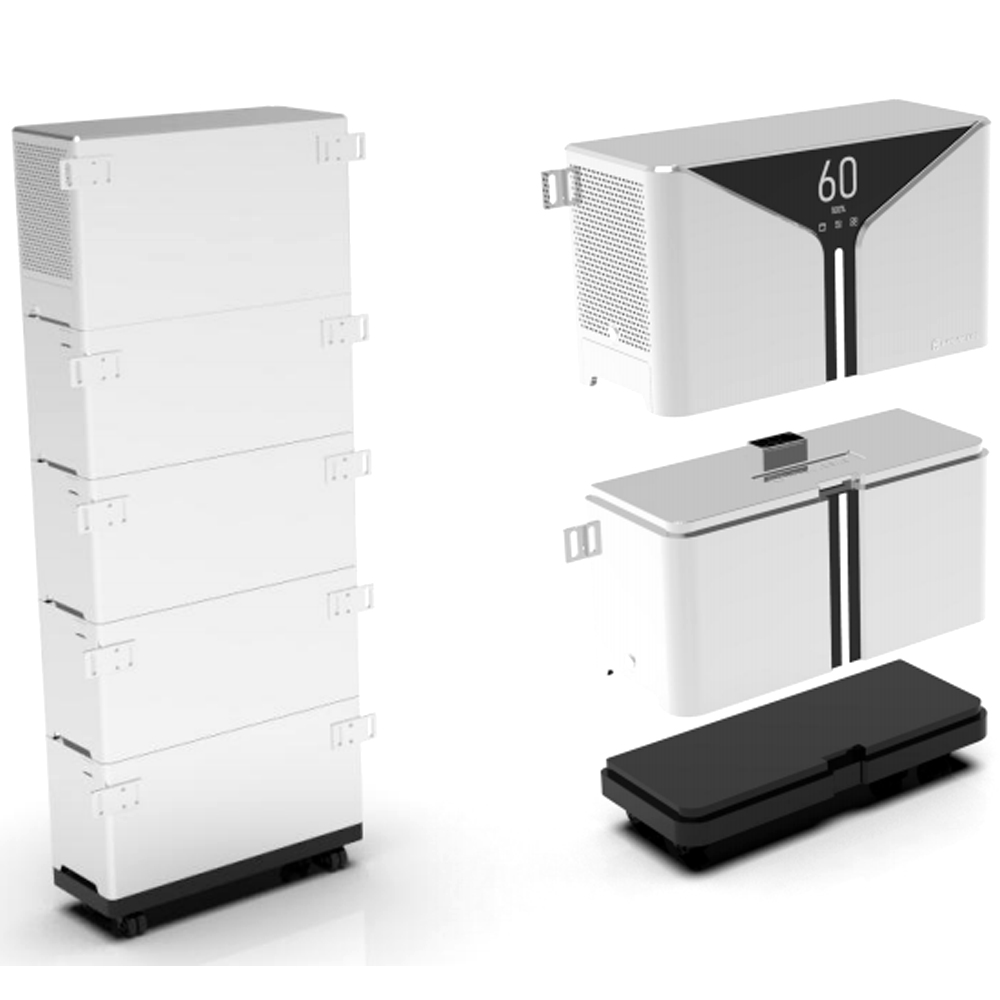
The energy storage sector is a complex landscape, influenced by technological advancements, market forces, and global events. This article will explore the factors affecting "15kwh lithium battery prices" and "12 kva battery prices," and analyze the impact of the "ukraine russia war" and the broader "war in ukraine" on the energy storage industry.
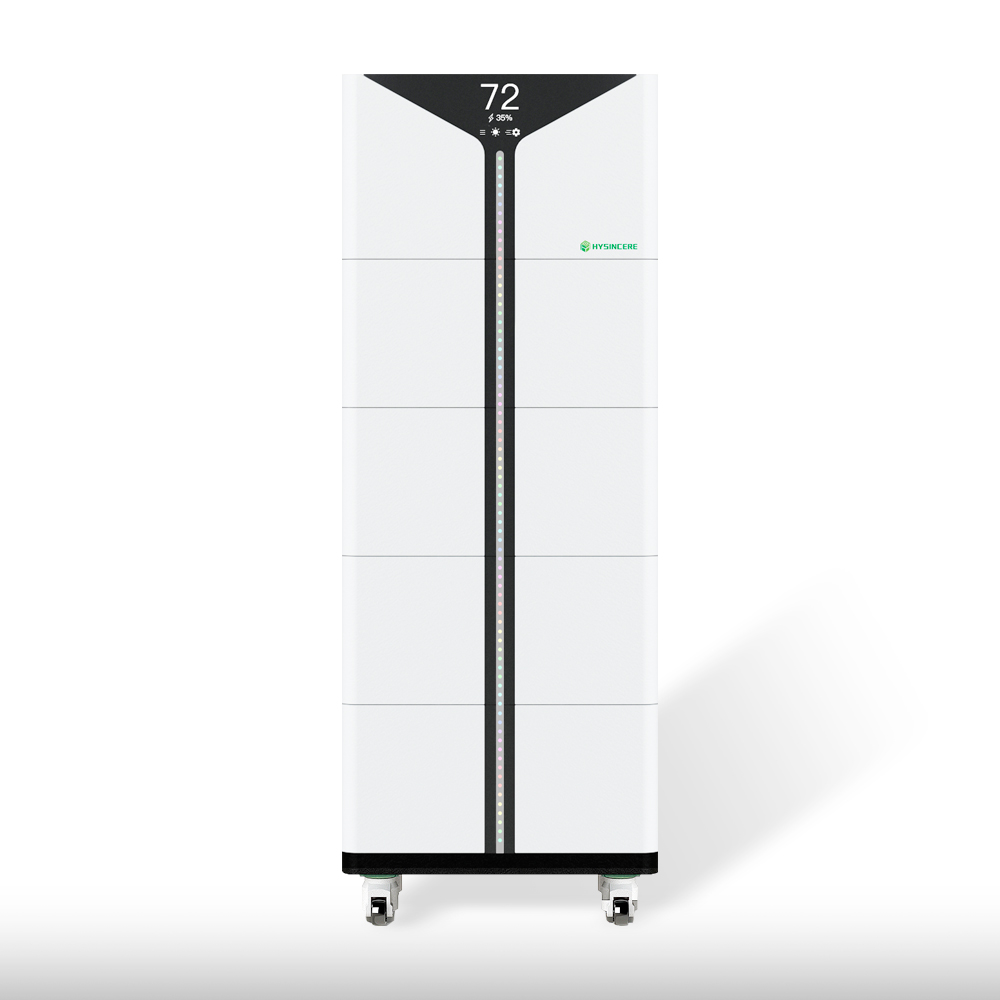
The evolving energy landscape is marked by a growing demand for high-capacity energy storage solutions. In this context, the development of "1000 kWh batteries" and "1000kwh batteries" represents a significant technological advancement. This article will explore the applications of such high-capacity batteries and also touch upon the importance of global aid, particularly in regions experiencing conflict, as symbolized by the "ukraine flag" and the need for "ukraine aid."